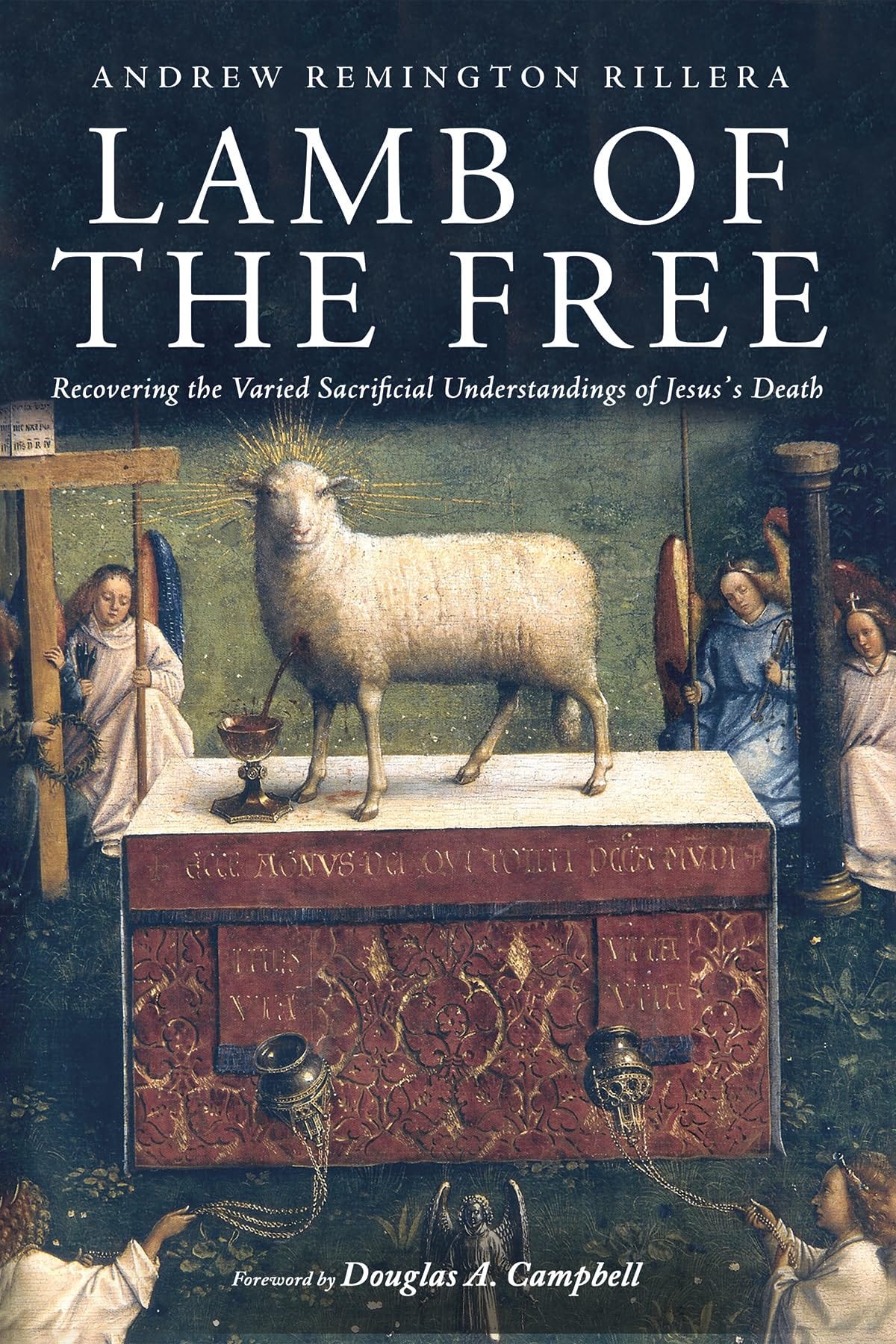Here’s a conversation with Andrew Rillera on his recent book, Lamb of the Free.
Lamb of the Free analyzes the different sacrificial imagery applied to Jesus in the NT in light of the facts that (a) there is no such thing as substitutionary death sacrifice in the Torah—neither death nor suffering nor punishment of the animal has any place in the sacrificial system—and (b) there are both atoning and non-atoning sacrifices. Surprisingly, the earliest and most common sacrifices associated with Jesus’s death are the non-atoning ones. Nevertheless, when considering the whole NT, Jesus is said to accomplish all the benefits of the entire Levitical system, from both atoning and non-atoning sacrifices and purification. Moreover, all sacrificial interpretations of Jesus’s death in the NT operate within the paradigm of participation, which is antithetical to notions of substitution. The sacrificial imagery in the NT is aimed at grounding the exhortation for the audience to be conformed to the cruciform image of Jesus by sharing in his death. The consistent message throughout the entire NT is not that Jesus died instead of us, rather, Jesus dies ahead of us so that we can unite with him and be conformed to the image of his death.
Show Notes
Summary
This conversation explores the complexities of atonement theology, particularly focusing on the transition from Jehovah's Witness beliefs to evangelical perspectives. The speaker discusses the significance of Jesus' death, the implications of substitutionary atonement, and the understanding of Old Testament sacrifices. The dialogue emphasizes the need for a broader interpretation of atonement that aligns with the love of God rather than a punitive view, ultimately highlighting the transformative nature of understanding Christ's role in salvation.
Takeaways
The speaker transitioned from Jehovah's Witness to evangelicalism, leading to a deeper exploration of atonement.
Atonement theories often lack coherence with biblical texts, leading to confusion.
Jesus' death serves as a benefit for creation, not merely a sacrificial act.
Substitutionary atonement has historical roots but is often misinterpreted in modern theology.
Old Testament sacrifices had different functions and meanings than commonly understood.
Atonement is more about the purification of sacred space than individual sins.
The gospel reveals God's love rather than His wrath towards humanity.
Understanding atonement can liberate individuals from restrictive theological frameworks.
The mystery of faith is that Christ is in believers, offering hope and transformation.
The conversation encourages a re-evaluation of traditional atonement theories in light of scripture.
Sound Bites
"What is satisfied saving you from God?"
"The gospel reveals God's love, not His wrath."
"The mystery is Christ in you, the hope of glory."












